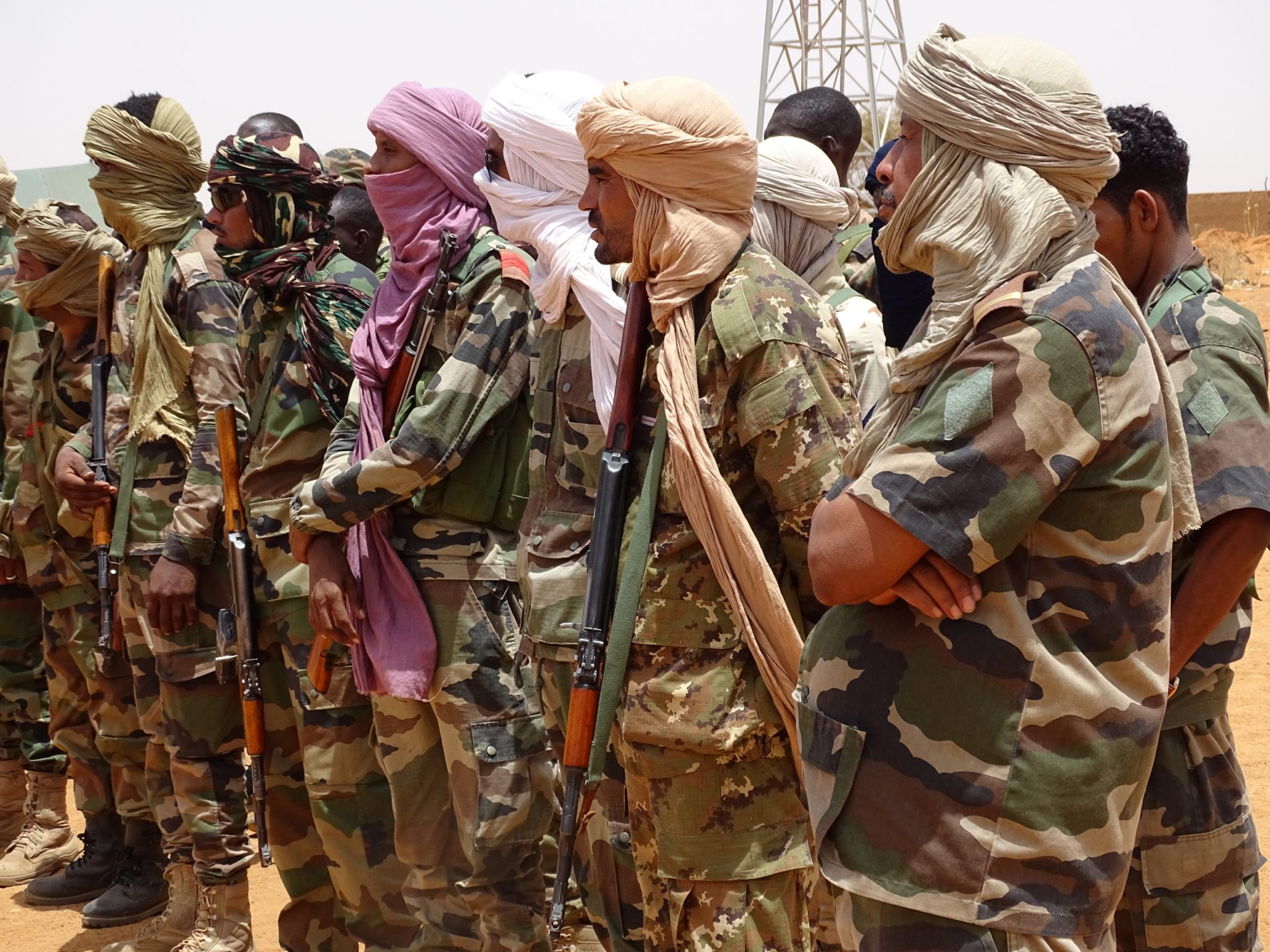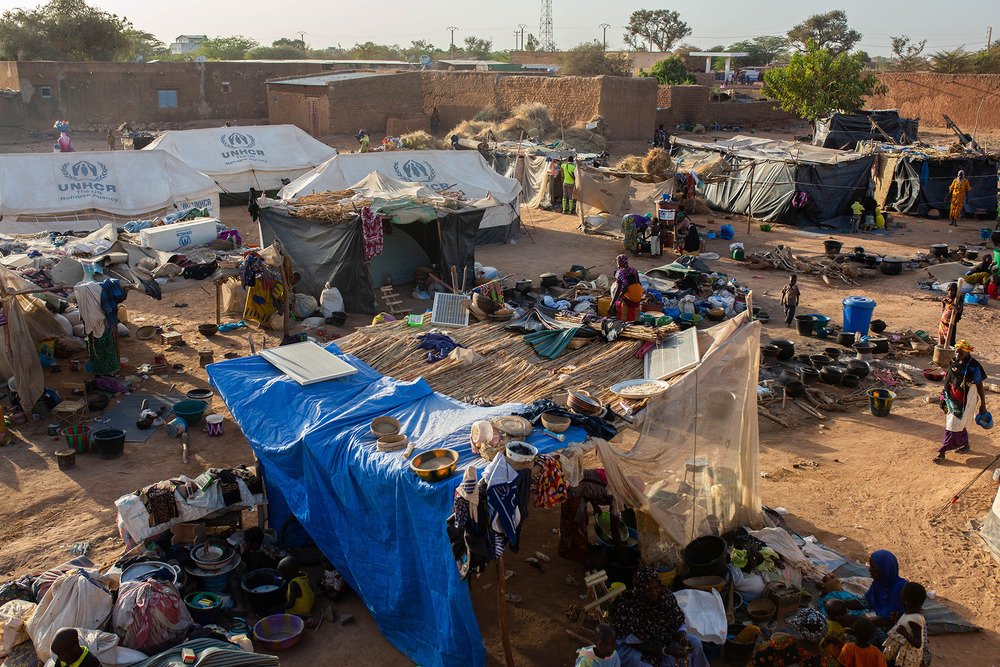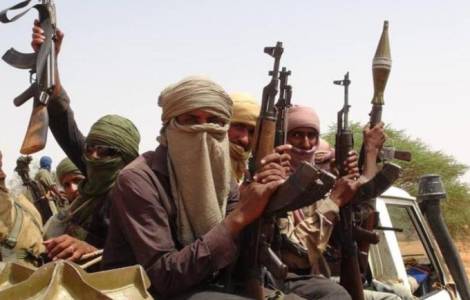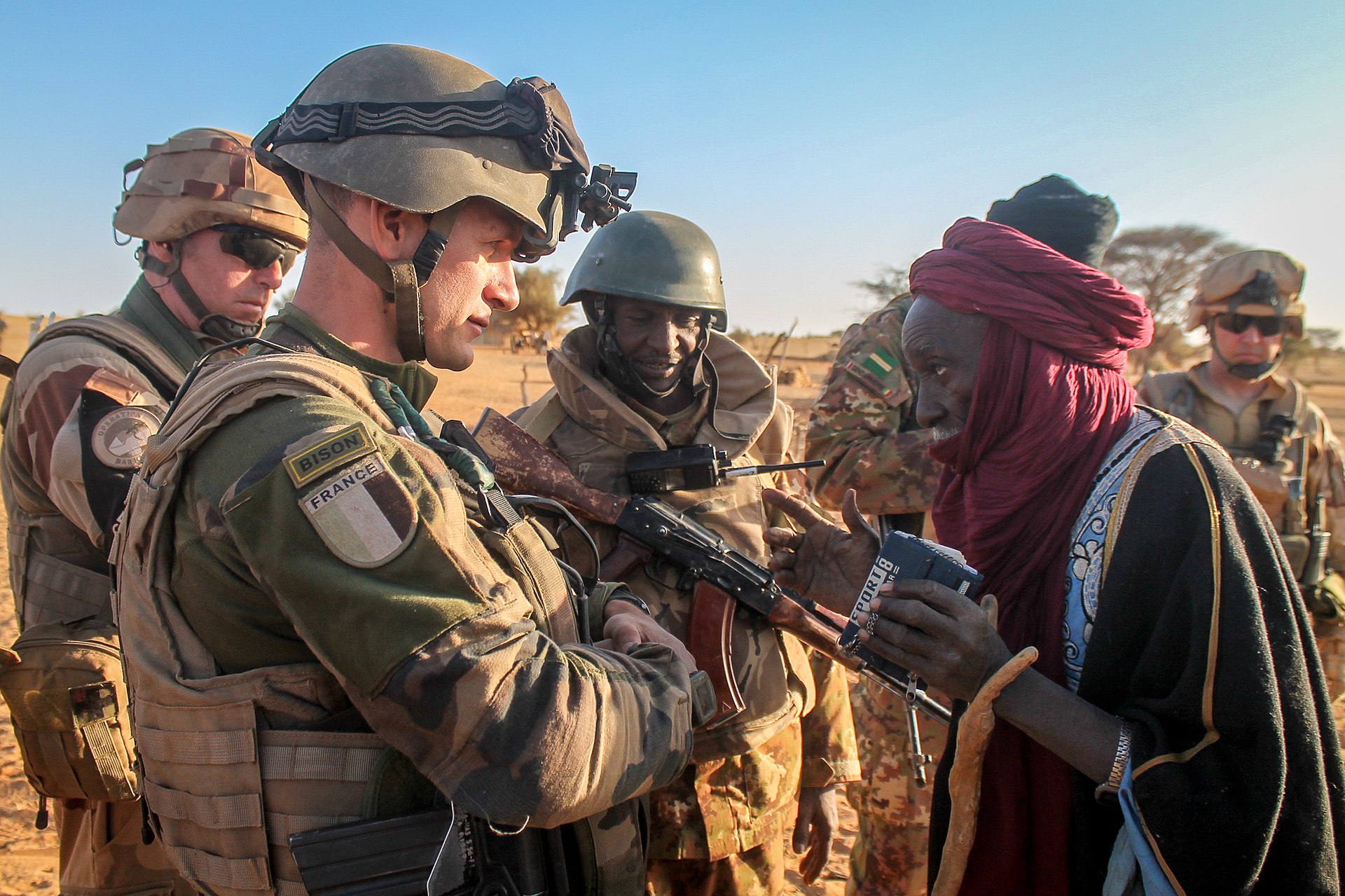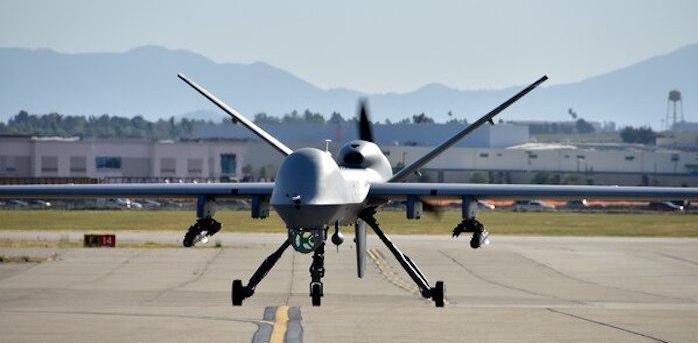
Report sheds light on Wagner Group crimes in Africa
The Armed Conflict Location & Event Data Project (ACLED) issued a new report on the Wagner Group’s activities in the Central African Republic and Mali, and it makes for chilling reading. The Russian mercenary group has targeted civilians in more than half of its operations in CAR and over 70% in Mali. Its CAR deployment was initially limited to training the national armed forces, but it took on a direct combat role in late 2020 as rebels threatened the capital. It won praise for helping the state capture major towns, but abuses have now angered large parts of the civilian population. In jihadist-hit Mali, the mercenaries have also been involved in a number of high-profile abuses—mostly notably in the central town of Moura, where hundreds of non-combatants were massacred. (Map: Wikivoyage)





